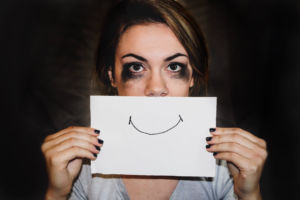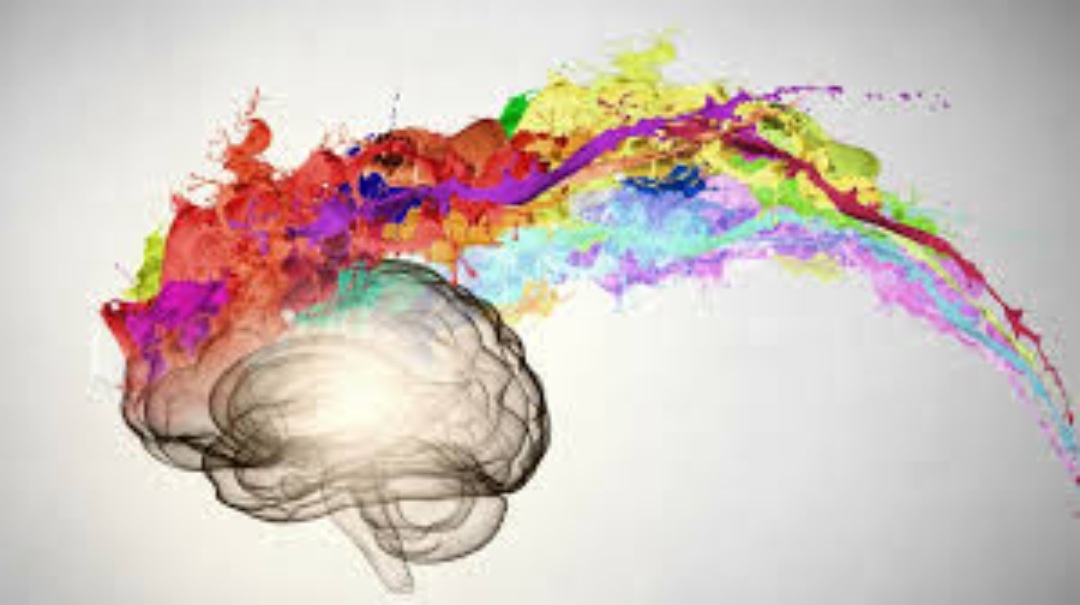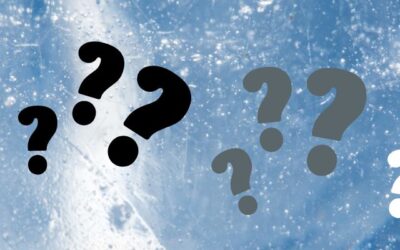Main causes of mood disorders and depression
Mood disorders and depression are one of the main causes of human suffering in the modern world and are considered one of the most significant challenges for modern medicine to treat. The latest record estimates 322 million people are suffering from depression, and this figure only captures those with a diagnosis. This number is likely much higher if we consider those who may be suffering without seeking a diagnosis. The World Health Organisation has predicted that depression becomes one of the main reasons for disabilities in the world very soon. Given the debilitating outcomes on quality of life when suffering from depression, and the increased risk of other health-related consequences, it is urgency that treatment of this condition is improved.
Common treatments
The most common treatment for depression and low mood is anti-depressants, which have shown a great effect on many patients improving their symptoms and quality of life (Cipriani., et al 2018). Some other treatments include transcranial magnetic stimulation, intravenous ketamine, inhaled nitrous oxide, valgus nerve stimulation, and deep brain stimulation. Of late there has been an increase in attention towards cryotherapy and the effects it can have on mood disorders and depression, with many people seeking more holistic therapies to support their health.
Whole body cryotherapy
 Whole body cryotherapy is a short exposure (1-3 minutes), to extremely cold temperatures (−110° to −160° Celsius) or (3-5 minutes −85° Celsius) in a cryotherapy chamber. The use of cryotherapy has been proven to benefit those suffering from diseases such as multiple sclerosis, chronic back pain, and fibromyalgia (Bouzigon., 2016; Giemza et al., 2015; Rivera et al., 2018).
Whole body cryotherapy is a short exposure (1-3 minutes), to extremely cold temperatures (−110° to −160° Celsius) or (3-5 minutes −85° Celsius) in a cryotherapy chamber. The use of cryotherapy has been proven to benefit those suffering from diseases such as multiple sclerosis, chronic back pain, and fibromyalgia (Bouzigon., 2016; Giemza et al., 2015; Rivera et al., 2018).
It is also commonly used in sports medicine and for recovery in the avid gym-goer. It is thought that these positive effects occur as a result of reduced inflammation and/or a reduction in oxidative stress. As such there is the suggestion that cryotherapy may be useful as an additional treatment for depression, affecting hormonal, immune and anti-inflammatory responses. This is particularly important given inflammation has been associated with the pathogenesis of depression (Bouzigon et al., 2016).
Recent Study
 A recent study in 2020 aimed to explore whether exposure to these cold temperatures could affect mood, quality of life and biochemical measures in individuals diagnosed with depression, who were undergoing pharmacological treatment. The findings were promising with results suggesting that whole body cryotherapy can be a useful method to improve the standard pharmacological treatment. The results demonstrated reductions in mental health deterioration, and participants reported improved quality of life and enhanced well-being.
A recent study in 2020 aimed to explore whether exposure to these cold temperatures could affect mood, quality of life and biochemical measures in individuals diagnosed with depression, who were undergoing pharmacological treatment. The findings were promising with results suggesting that whole body cryotherapy can be a useful method to improve the standard pharmacological treatment. The results demonstrated reductions in mental health deterioration, and participants reported improved quality of life and enhanced well-being.
A limitation of this study, however, was that cryotherapy was used alongside antidepressants so we cannot be certain how much effect was occurring from the pharmacological intervention of the cryotherapy. Nevertheless, the findings are promising and heading in a positive direction (Rymaszewska., et al., 2020).
This is an exciting breakthrough in research in this area and future studies will continue to explore the beneficial effects cryotherapy can have on treating mood disorders to explore the underlying mechanisms that may contribute to the improvement of these conditions. However, preliminary evidence provides some possible explanations:
 Increased endorphin levels
Increased endorphin levels
Endorphins are hormones secreted from the brain and nervous system. When you have a whole-body cryotherapy session your body releases a surge of endorphins, which is what can provide you with a sense of newfound energy, positive feelings and exhilaration, almost like newfound energy for life.
Decreases in cortisol
Cortisol is known as the ‘stress hormone’. A little bit of cortisol is healthy, however in today’s modern world and for those with depression or mood disorders, cortisol levels are often excessively high leading to extreme stress. Studies have shown that cryotherapy can assist in reducing cortisol levels, reducing stress, and helping the body to access that restful state (Leppäluoto., et al., 2008)
Elevated serotonin levels
Serotonin is a chemical that nerve cells produce and is considered a ‘natural mood stabilizer’. It is a chemical that helps us to feel ‘happy’ and improves our sleep. It is also known to be beneficial in reducing depression, regulating anxiety, and healing wounds. Low levels of serotonin are frequently reported among those suffering from depression. Cryotherapy has been shown to elevate serotonin levels, a key component to help fight off depression and increase that sense of euphoria that we all seek (Rymaszewska et al., 2019).
Improved sleep
Many individuals report after a cryotherapy session they experience a beautiful restful night’s sleep. Accordingly, researchers sought to identify whether cryotherapy really could improve sleep quality in individuals, which could indirectly improve mood disorders. Preliminary studies found improved sleep quality in healthy individuals, possibly related to an enhanced ability to access the parasympathetic nervous system allowing the deep, restful night sleep we all desire (Douzi et al., 2019). Learn more here, Study; Cryojuveante with the University of Kent
Research Findings
Whilst still in the early stages of this area of research, the findings are all pointing towards cryotherapy being an effective adjunct treatment for low mood and depression. So, if you may be feeling a little low, or want to see if you too reap some of these benefits, why not come down to see us and experience a whole-body cryotherapy session for yourself? We do recommend that to really notice a difference in how you feel,
The use of cryotherapy on a regular basis will help you to see the best effects this exposure can have. Our packages are designed to enable you to take membership or blocks of treatments.
We hope to see you very soon at Cryojunvenate.
BOOK NOWArticle submitted by
References
Effect of frequent WBC treatments on back pain therapy in elderly men. The Aging Male, 18(3), pp.135-142. Leppäluoto, J., Westerlund, T., Huttunen, P., Oksa, J., Smolander, J., Dugué, B. and Mikkelson, M., 2008. Effects of long‐term whole‐body cold exposures on plasma concentrations of ACTH, beta‐endorphin, cortisol, catecholamines and cytokines in healthy females. Scandinavian Journal of Clinical and Laboratory Investigation, 68(2), pp.145-153. Rivera, J., Tercero, M.J., Salas, J.S., Gimeno, J.H. and Alejo, J.S., 2018. The effect of cryotherapy on fibromyalgia: a randomised clinical trial carried out in a cryosauna cabin.
Rheumatology international, 38(12), pp.2243-2250. Rymaszewska, J., Lion, K.M., Pawlik-Sobecka, L., Pawłowski, T., Szczesniak, D., Trypka, E., Rymaszewska, J.E., Zabłocka, A. and Stanczykiewicz, B., 2020. Efficacy of the Whole-Body Cryotherapy as Add-on Therapy to Pharmacological Treatment of Depression—A Randomized Controlled Trial. Front. Psychiatry, 11, p.522.





